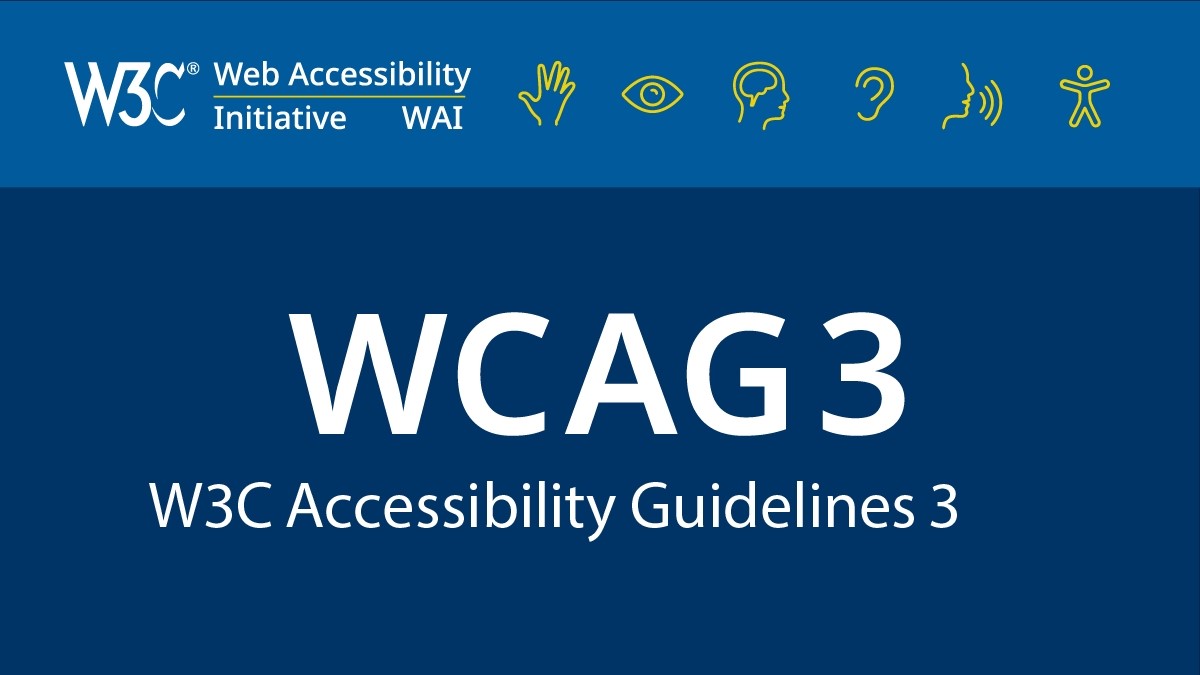Every organization has its own team structure, but there are a few positions that need to be filled either by role or responsibility. These positions are critical to the success of testing teams because they cover different aspects of the testing process. The software test field is vast, with different roles based on the complexity of the application. Companies make an effort to define responsibilities for their job positions and a meaningful name for each role. Similar positions across the software testing industry may have different names to best suit their career path.
Key Roles in a Minimal Test Project
Test Manager
A test manager's primary responsibility is to plan and coordinate the team of testers and test leads. The role of the test manager and test lead is often very similar. In a broad sense, a test manager can accumulate more responsibility than a test lead. A test manager may have more than one QA team to manage, each headed by a test lead. Test manager activities include mentoring testers and test leads. Activities also include managing testing requirements and choosing the test management tools to be used. Takes full responsibility for the testing project's success (or failure). The role of test manager can be optional in a relatively simple project.
Test Lead
Each test group is led by a test lead. The test lead might performs the roles of test manager in absence of test manager. Some of their responsibilities are overlapping. The basic responsibility of any Test Lead is to effectively plan and coordinate the activities for a team of testers to meet the product goals and thereby achieving the organizational goals that are derived. The test lead may also collaborate in team activities and test execution. Test lead activities include mentoring testers and managing testing requirements. The test lead is often responsible for configuring and preparing QA environments for testing.
Test Automation Engineer
Test automation developers (also known as test automation engineers) are software developers who design and write programs that run automatic tests on new or existing software. They use automation frameworks (standardized guidelines) to build these programs on and write test scripts that do the testing. Different test automation developers specialize in particular automation tools i.e. Loadrunner, Selenium, Appium, JMeter, Rapise, TestComplete, UFT/QTP etc. Their profile is quite similar to that of a Developer, but in a Test Department.
Test Analyst
The Test Analyst role is responsible for initially identifying and subsequently defining the required tests, monitoring the test coverage and evaluating the overall quality experienced when testing the Target Test Items. This role also involves specifying the required Test Data and evaluating the outcome of the testing conducted in each test cycle. They must ensure all test plans created adhere to both industry regulations and company standards. This roles main focus is business oriented. They ensure the functional readiness of the application is acceptable before it is pushed into production.
Tester
This is generally used as an umbrella term to cover many capabilities. Their main task is to perform manual testing on SUT to ensure the product quality fits specifications. Testers will raise defects when they find errors in the application and when the implementation derives from the specified product requirements. They work like a detective who knows where the bugs can hide, even where no one expects them to. Tests the system using attention, deduction, and sometimes special software.















